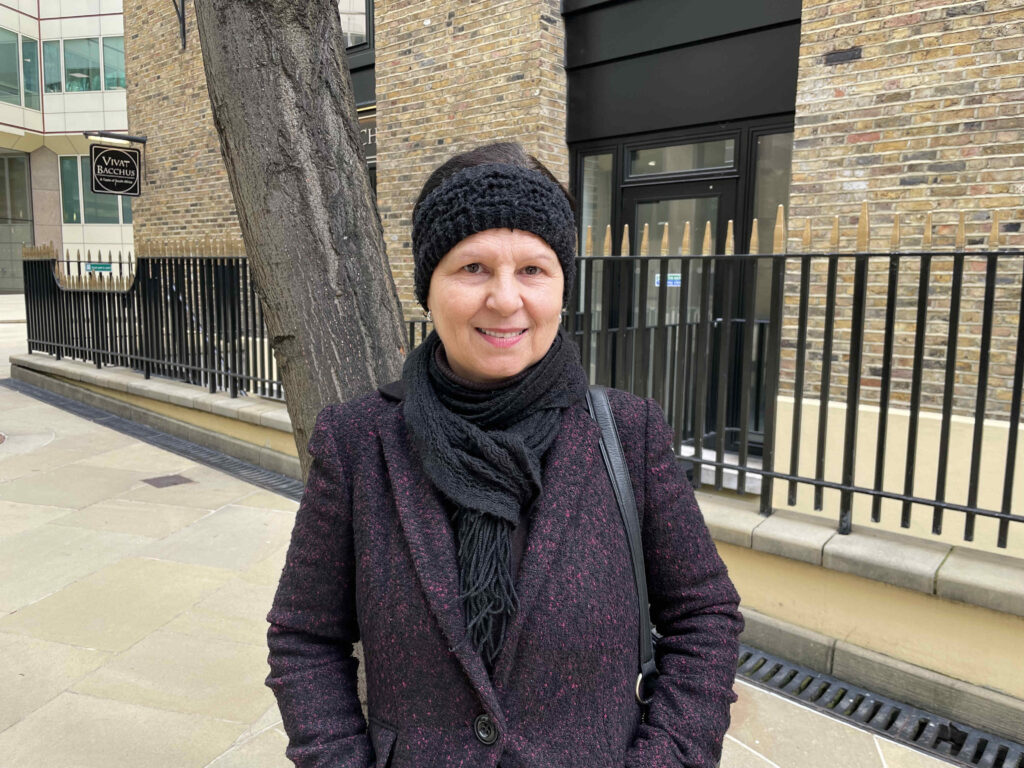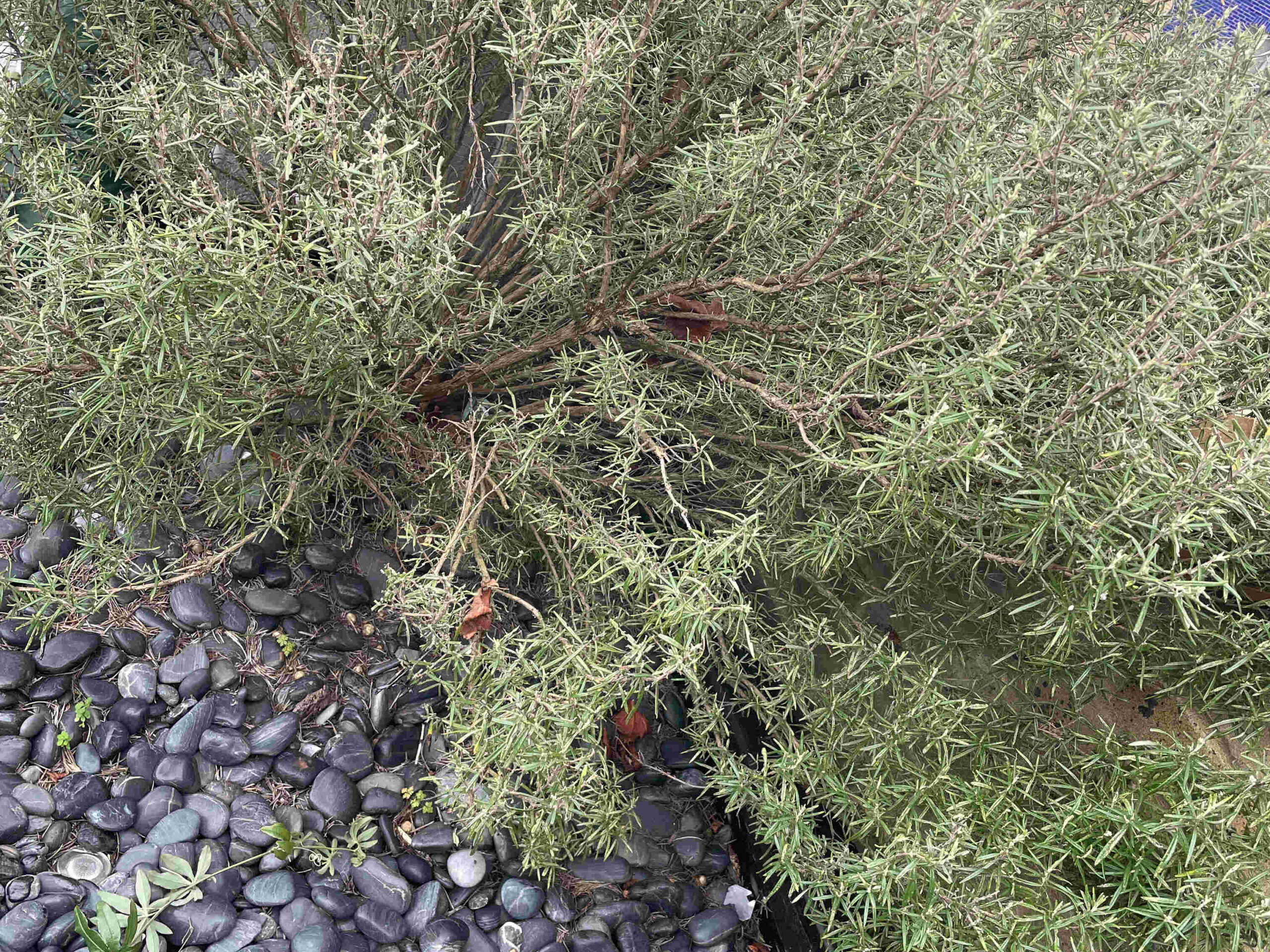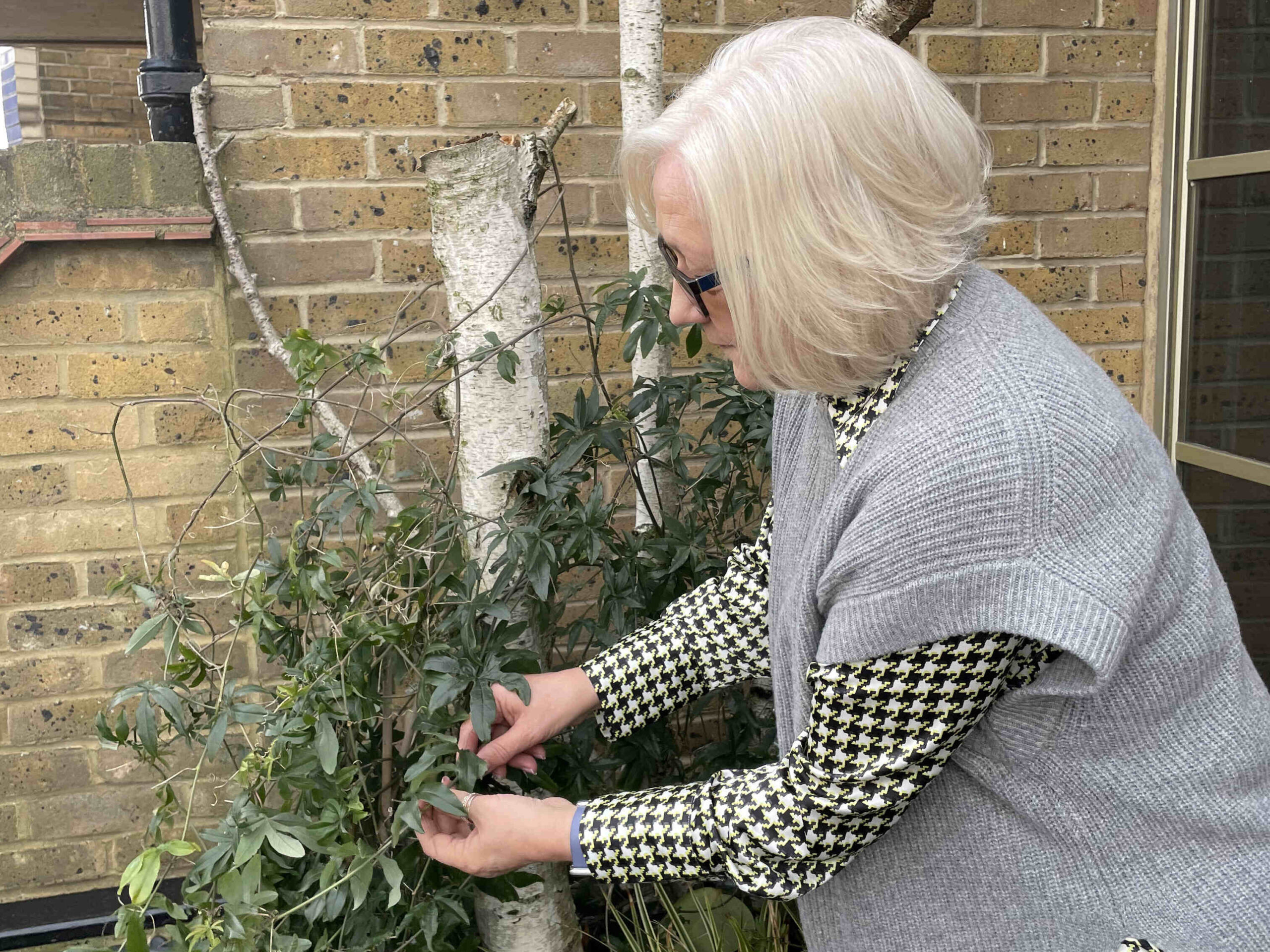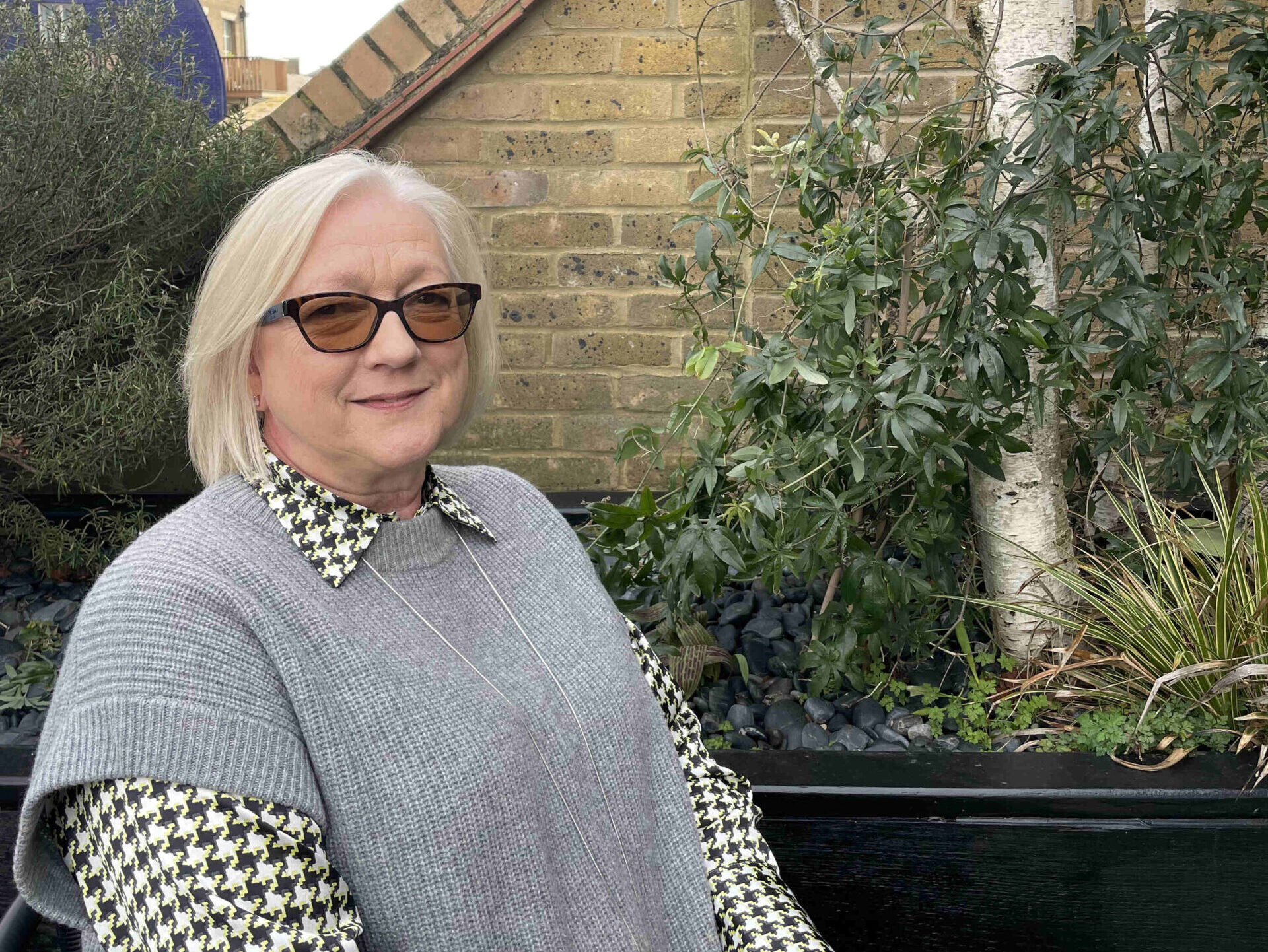An interview with two professional herbalists who give an inside scoop on the science of herbology.
When someone says the word medicine, we automatically link the image in our heads to a white circular pill prescribed by a doctor in a white coat and a prescription with indecipherable handwriting. This, however, wasn’t always the case. Before scientific strides were made by mankind, the methods of treating illnesses were completely different. Herbs and plants were the primary source of medicinal cures. Due to technology, we now have the option of quick fixes but there has also been a growing trend of medicinal herbs being used again.
Nettle spoke to two herbalists to get a better understanding of herbal therapy and its benefits. Sue Kiddie, a practising herbalist since 2018 and Rosana Walker, a clinical supervisor, has been practising for the past three years. Here they explain how herbs can help with medical conditions and to help you live a long happy life.
Q. What made you interested in this form of science?
Rosana Walker: I am from Brazil and growing up I had seen my mother rely more on herbal medications in comparison to doctors and modern medicine. It grew my curiosity more towards the subject which eventually became my career.
Sue Kiddie: I was already an aromatherapist for 10 years before my interest grew in herbology. In 2018, my daughter was suffering from Chronic Fatigue Syndrome and the modern medicines weren’t making much of a difference. It was then we approached this method which in return worked wonders.
Q. How does herbology compare to modern medicine?

Photograph: taken by the Zarah Choudhary
Rosana Walker: We work very differently from doctors. Rather than focusing on just the symptoms we go more in-depth and find out what is causing the issue and try working on that. If the person has some kind of pain we don’t have an immediate quick fix for it, what we do is try imbibing herbs into their lifestyle which may take some time to settle in but eventually solves the root of the problem.
Q. Do you think herbology is gaining more popularity now?
Sue Kiddie: I hope so. There’s definitely been a lot more in the press recently and media with shows such as Herbal Medicine Show on UK Health Radio. I think a lot of people know about the benefits of polyphenols which are in lots of herbs. If you think about it, green tea, normal tea, coffee, they’re all herbs. So yes, I think there are a lot more people investigating it now.
Q. Who do you usually treat?
Rosana Walker: We usually get everyone from all age groups, but mostly people in their late 30s. Sometimes we also get women in their mid-20s. We get more women than men.

Q. What is a very common health issue that you deal with?
Sue Kiddie: There’s a lot of anxiety and stress and mood. So mild depression. I also think I’ve had a few people recently who are getting into their 50s and they’re thinking about preventing degenerative diseases, by trying to do the right thing now so they avoid getting ill later on and have a long and healthy life. That’s what a lot of people are aiming at for the moment- wellness rather than treating an actual problem.
Rosana Walker: Polycystic Ovary Syndrome (PCOS) is the most common problem that I have dealt with. Women are mostly suffering from cyst issues and that is mostly due to their bad eating habits and very little use of herbal medicines in their lives.
Q. What is the best cure for PCOS that you can suggest?
Rosana Walker: An herbalist works in a very tailored manner. The medication and herbs depend on an individual woman’s hormones and how her body functions. What can be suggested is that diet is focused upon. Diet is also one of the main essences in herbal medication as it all depends on what you consume. Another thing that is recommended is keeping your body active. Often people struggling with PCOS have a very sedentary lifestyle and for our blood flow to function properly keeping yourself active is extremely important.

Photograph: taken by the Zarah Choudhary
Q. What are some herbs that we can use in our daily lives?
Sue Kiddie: Echinacea is one of my favourite herbs. Rosemary is also something we can use as it benefits blood circulation and is very good for memory. Ashwagandha is an all-time favourite used by many because it builds resilience in the body. It also helps with stress and sleep. Sage is also considered extremely beneficial for people who suffer with a lot of sweating while thyme can be used as an anti-bacterial mouthwash. Marigold can be very good for healing the skin and spots and chamomile is a highly recommended herb as it is good for so many things such as digestion, relaxation and sometimes even as an antiseptic. One thing I would still like to emphasise on is just like modern medicine, someone can have an allergy to some of the herbs too which is why you should always consult a herbologist first before taking any herbal help.
Q. Any other suggestions for the readers?
Rosana Walker: Diet is extremely important but that doesn’t mean that you have to limit your options. Indian and African cuisine are extremely good because of the herbs and the spices added to it. Try to eat homemade food as often as possible and nature walks are also highly recommended.
